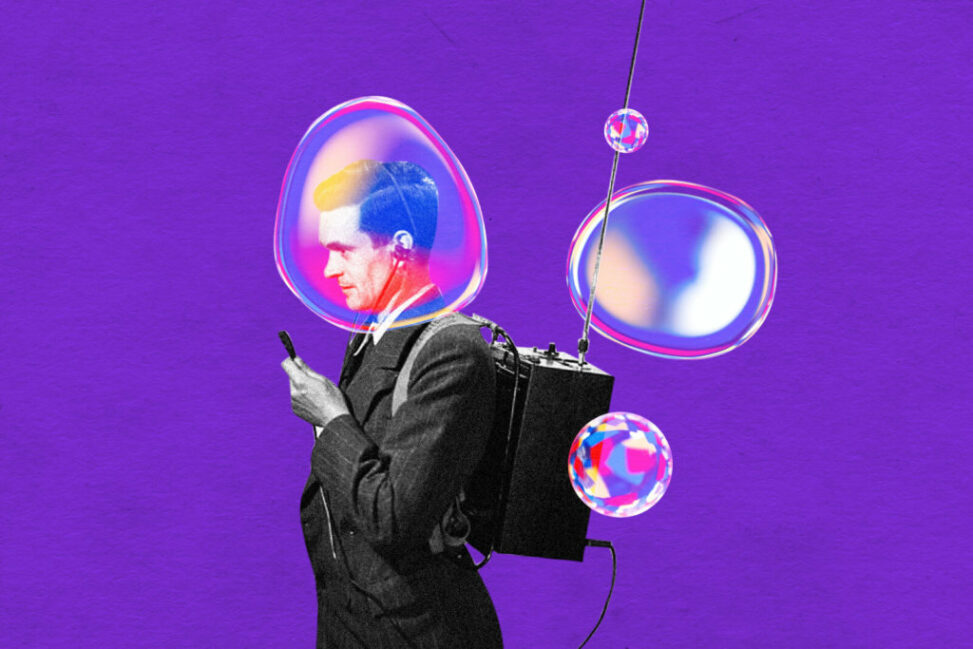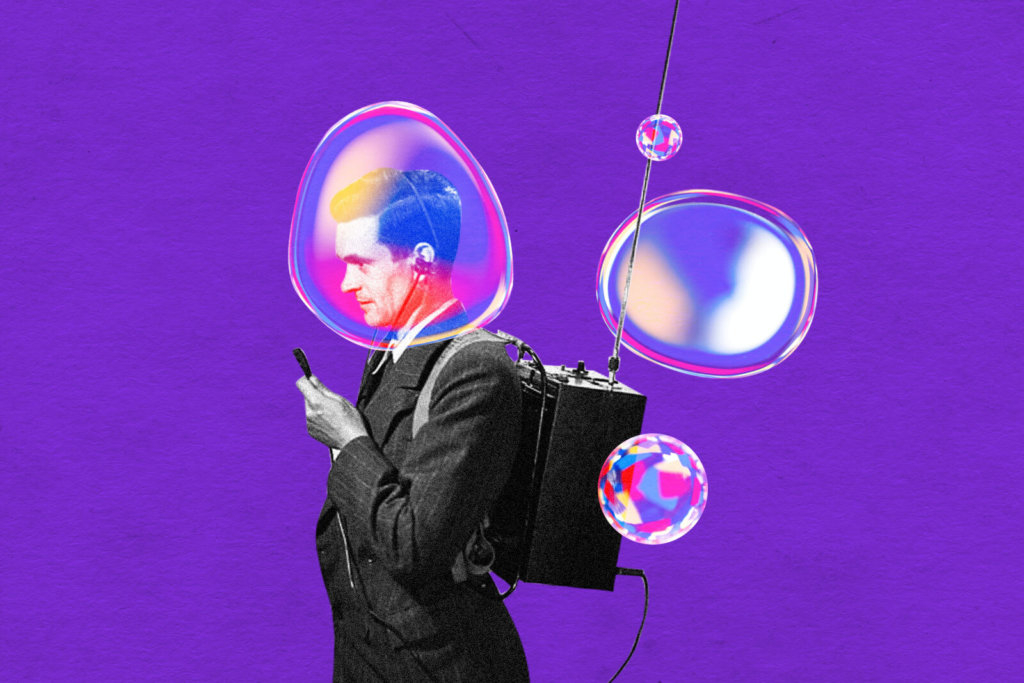- The metaverse is the twin reflection of our current world.
- New economies will be created as the digital world will become central to human socializing.
- A seamless metaverse experience with no disparity between the physical and the digital world is yet to be projected.
Authors explored sci-fi to prepare and protect humanity from the adverse effects of technology. Our need to be more connected, which resulted in social media, was addressed as early as the 1950s by Frederik Pohl. As new digital technologies become easily accessible for regular consumers, discussions around the metaverse reach a new facile dynamic.
Tasks of Creation
Humanity is dependent on digital technologies. Digital natives, and most often Gen Zers, have interacted with some form of the metaverse to an extent. The Verge notes that the metaverse “doesn’t necessarily exist” in its entirety, simply because it is still an ideal where digital innovations merge and create an inclusive digital experience.
The metaverse cannot function in its ideal state because network elements are factionalized across multiple ecosystems. Blockchain technology has what it takes to complete digital immersion, however its lack of interoperability secludes digital segments from successfully interacting with one another.
We are still far from the cultural ideal presented in popular sci-fi media. Facebook, however, plans to consolidate itself as the building block of the new digital world by looking to hire over 10,000 EU workers to build the foundations of the metaverse.
Roblox and Minecraft can be considered to be small-scale metaverses, even testing grounds for how humans interact with each other digitally. Andrew Vong argues that a metaverse cannot be entirely created by a single entity, such as Facebook, because crowdsourcing human input is essential to creating a true “digital twin” of the physical world.
On The Flipside
- Sci-fi authors that have referenced the metaverse and social media illustrated a dystopian view of their effects.
- The NFT market cannot be tied to the metaverse because it is still in a speculative phase.
- A centralized metaverse would generate unwanted effects on the values and ideals that would be propagated in the virtual world.
Digital Value Transfers
NFTs have become a staple of digital ownership, an aspect that’s associated with the value metaverses can bring to our digital interactions. The argument notes that NFTs have the potential to transcend individual worlds, owned by centralized entities, and hold value in a diversified digital market. As Yat Siu has underlined, NFTs represent the shift from a rental economy to an ownership economy.
An AR Insider article highlights the growth of digital economies, especially in the case of the metaverse. Digital land, works of art, and even digital iterations of Amsterdam are selling for thousands of dollars. However, the fractionalized nature of the current ecosystem entails a lack of connectivity between digital economies.
Thus, value transfers emerged after the cryptocurrency boom took place in a “multiverse,” instead of a metaverse. The growing demand for digital assets reshapes how the physical world adapts, and so a metaverse economy brings “drastic social, technological, and economic changes” to the real world, thereby, to a certain extent, forcing it to adapt to user demands, regardless of what they might be.
Skewed identity
Digitization of our environment allows individuals to recreate their own identities online. As early as 2003, Second Life was described as a metaverse because it encompassed a range of novel technologies. Moreover, it created a paradigm shift in how user identities were projected digitally, with one Second Life user highlighting that “My avatar is never anything like me.”
Interestingly, the advent of NFTs has changed how identities are projected, especially on Twitter, where every crypto Twitter account shows support for their favorite NFT project. Additionally, those who own a blue-chip NFT use their profile picture to “flex” and showcase that they belong to a particularly exclusive club.
Crypto Twitter is nowhere near close to the definition of a metaverse, yet those who anticipate the grand release of the metaverse are already showcasing traits that indicate the ways in which the new digital universe will be nothing like the real world.
Why You Should Care?
The metaverse is expected to be an enhanced version of our physical world, with countless opportunities. As more emphasis is placed on digital economies, companies and conglomerates that have created a consumer-oriented culture for profit will ultimately incorporate the same values in the new world.
Op-ed, crypto, metaverse, NFTRead More



